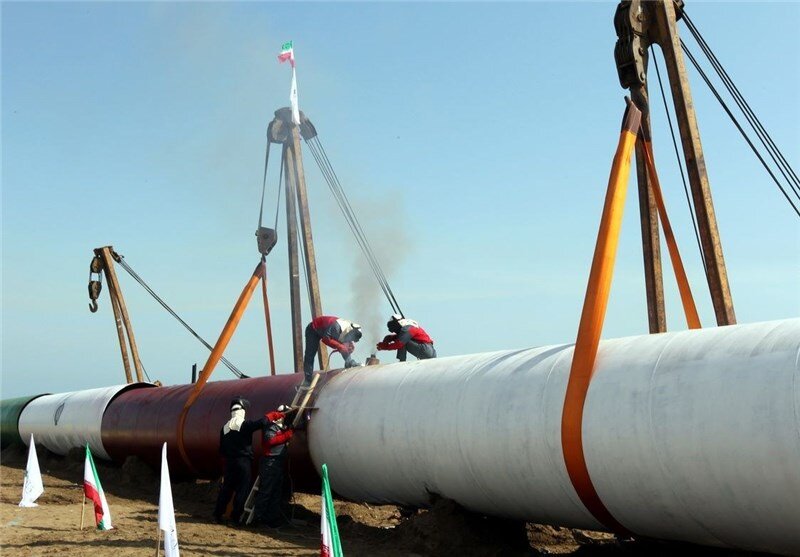Iran plans building desalination plants along Persian Gulf, Sea of Oman

TEHRAN – The Department of Environment (DOE) is preparing a plan to deploy desalination plants on the shores of the Persian Gulf and the Sea of Oman in order to supply drinking water to the coastal provinces.
Ahmad Reza Lahijanzadeh, deputy chief of the marine environment of the DOE, announced that suitable areas that cause the least damage to the environment have been identified in Hormozgan province.
According to him, the project, which is to be carried out in cooperation with the Ministry of Energy, will supply water for 17 drought-ridden provinces.
The country's coastline stretches to about 5,800 kilometers, which includes the Caspian Sea in the north and the Persian Gulf and the Sea of Oman in the south.
The provinces of Gilan, Mazandaran, Golestan, Khuzestan, Bushehr, Hormozgan and Sistan-Baluchestan in the north and south are among the coastal provinces that are struggling with water shortages.
A water transfer project has been proposed by the government which looked to Oman seawater quenching the thirst of the southeastern province of Sistan-Baluchestan, as well as eastern provinces of South Khorasan and Khorasan Razavi. A budget of $400 million was allocated by the government in March 2016.
The project aims to boost production, industry, and agriculture, as well as provide potable water to residents in arid areas.
Once an efficient permanent solution, water supply schemes are now being considered as the main cause of environmental depletion haunting many parts of the country leading to dried up lakes and rivers, and poor water resources management resulting in excessive water withdrawal is also a major threat to the country’s future.
Experts believe that these projects entailing economic and environmental burden are no solution to droughts, and demanded the water transfer projects to be dismissed due to the irreparable damages to the environment namely deforestation, wildlife habitat destruction, biodiversity degradation, improper land change use, and contaminated seawater.
FB/MG
